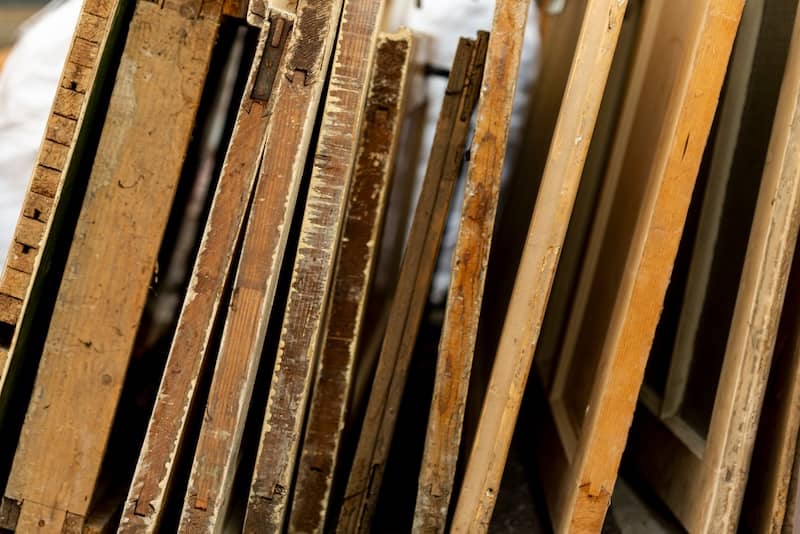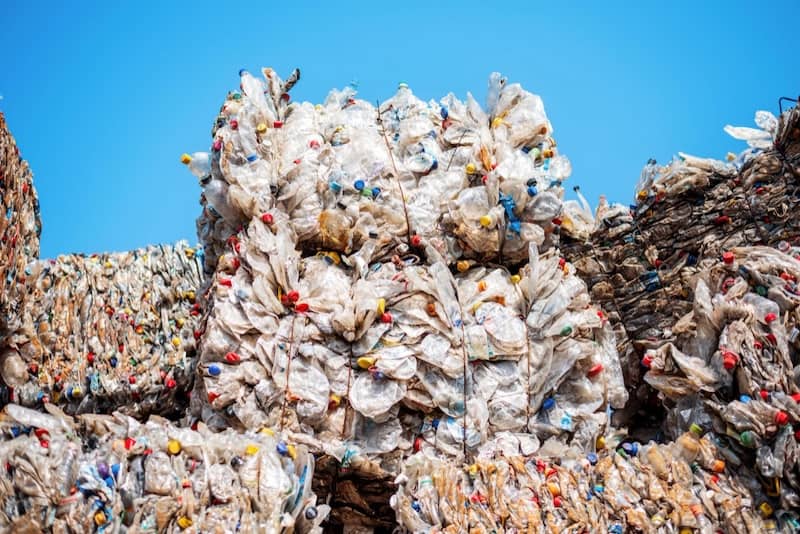Tire recycling is a relatively new phenomenon. During the late 80s and early 90s, a majority of tires ended up on public lands or in landfills, with only 11% repurposed. Thanks to modern technology and reprocessing techniques, that number jumped to 81.4% by 2017. Even so, Americans discard more than 290 million tires a year.
That’s a lot of rubber waste, but it’s also an amazing business opportunity. Salvaging methods provide countless opportunities.
Depending on the type of tire recycled, it’s possible to convert used tires into tire-derived fuels (TDF) and carbon black. Off-the-road (OTR) tires also contain scrap metal in the form of steel beading and wire.
If you’re an entrepreneur who’s also environmentally conscious, a tire recycling business is worth considering. With a little bit of effort, you can get yours rolling within a year’s time.
Step 1: Research the market
Before you launch your own tire recycling business, you need to do your due diligence. This means considering a wide range of factors, including:
- Your businesses’ location
- Local and regional competition
- Where you’ll get your tires from
- The quantity of tires you plan on recycling
- The size of your operation
- The type of equipment you’ll need
- Your budget
- Local and federal lws and regulations
You’ll also need to decide whether you plan on renting an industrial facility, purchasing one outright, or constructing something completely new. Each option has its own downsides, benefits, and costs to consider.
Step 2: Select a niche
A variety of businesses buy and utilize recycled tires. Instead of trying to serve several industries, niche down. Selecting a specialization and sticking with it can help you stand out from the competition.
Tire recycling falls into three categories: tire derived fuel (TDF) products, civil engineering applications, and ground or crumb rubber. You can select your recycling niche by asking yourself questions like:
- Are there cement plants in my area?
- Are there steel mills in my area? If so, what’s the payout for raw materials?
- Can I sell rubber for asphalt?
Recycled tires are also used in:
- Agrimats
- Landscaping
- Building foundations
- Track bases for commuter trains
- Athletic surfaces and playing fields
- Playground mats
Try and establish your tire recycling business in a corner of the market that’s unique, but also in high demand.
Step 3: Establish funding
Starting a tire recycling business requires capital. If you aren’t already wealthy, there are several options to acquire funding, the most straightforward being a small business loan.
You might also want to consider speaking with investors. A growing number of venture capitalists are funding green and eco-friendly initiatives.
If you’re launching a small operation, you may even want to consider crowdfunding. Sites like Fundable and Kickstarter have helped hundreds of entrepreneur’s achieve their dream of owning a business.
If all else fails, look into state or federal grants. Many state agencies offer programs that encourage scrap tire management and cleanup. The EPA also offers grants, but only for businesses doing innovative research.
Step 4: Acquire the necessary licenses and permits
In the state of Utah, all businesses that dispose of, recycle, or incinerate solid waste must comply with the state’s solid waste rules.
In addition, waste tire recycling businesses must register with the Utah Department of Environmental Quality under the Waste Tire Recycling Act. You can fill out an application here.
Fees also apply. Depending on the size and location of your facility, the state may require a sum of between $0-$5,000. There’s also a waste tire or recycler registration fee of $100.
Step 5: Invest in tire recycling equipment
Once you’ve established a strong foundation for your tire recycling business, it’s time to purchase the necessary equipment to get the job done.
With over 25 years in the tire recycling space, you can count on our team to provide you with high-quality, affordable, and efficient machinery.
No matter your niche, we have equipment to meet your needs. Our product line includes:
- Primary shredders
- Secondary shredders
- Granulators
- Milling equipment
- Off-the-road (OTR) equipment
In addition, we carry:
- Conveying equipment
- Screening equipment
- Bagging stations
- Tools for dust and fiber separation
- Tools for steel separation
- Electronic controls
No matter the scope of your tire recycling business, we have the tools, experience, and expertise to ensure you’re equipped for success.
If you’re interested in learning more about a particular piece of equipment, or you’re ready to make a purchase, give us a call at (801) 505-6841 or fill out an online contact form today.
Tire recycling is as lucrative as it is rewarding. We look forward to assisting you on your journey!
Sources:
- https://bizfluent.com/how-2078418-start-tire-recycling-business.html
- https://www.thebalancesmb.com/steps-to-start-a-tire-shredding-business-2878130
- https://www.thespruce.com/tire-recycling-lets-burn-some-rubber-1708979
- https://archive.epa.gov/epawaste/conserve/materials/tires/web/html/grants.html
- https://deq.utah.gov/waste-management-and-radiation-control/solid-waste-rules-waste-management-and-radiation-control-laws-and-rules
- https://deq.utah.gov/waste-management-and-radiation-control/solid-waste-documents-solid-waste-program




